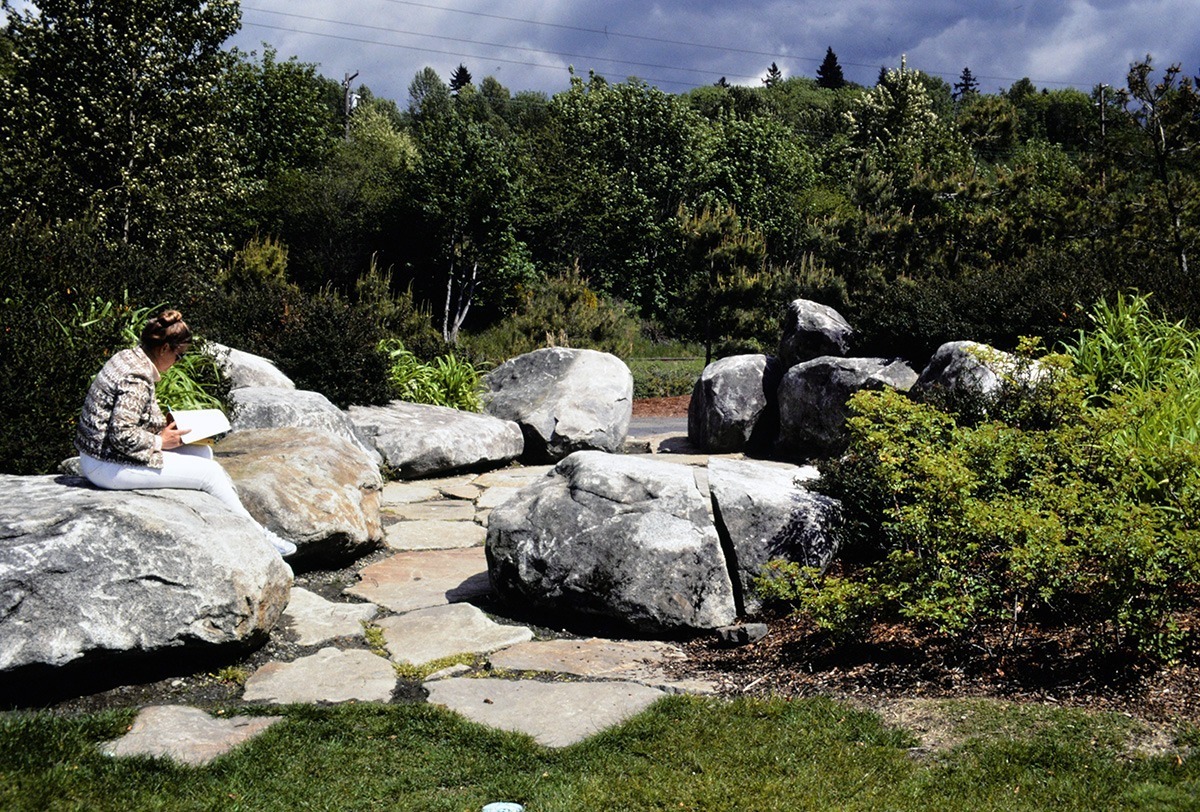Posted on January 15, 2021
Post categories: Landscape Architecture Research

We are living through a new reality, adjusting to life during a global pandemic. We are all changing our routines, our travel plans, our holiday traditions. For those of us who have been able to keep our jobs through this economic crash, we have had to adapt to a new working environment, working from our homes. Some of us have transformed our homes to accommodate remote learning, and others have moved to be closer to family. Whatever your current living situation is, it’s almost assuredly different than it was a year ago.
It’s been many months, but College of Built Environments’ Professor Lynne Manzo thinks it’s more than fair to say we are still adjusting to our new way of living, all still figuring out how we move within the spaces we now inhabit differently.
As a trained environmental psychologist, Manzo is drawn to questions of how people inhabit spaces. Environmental psychology is an interdisciplinary social science that seeks to understand the interrelationships between people and place and the lived experience of place. As a testament to this interdisciplinary field, Manzo and her colleagues from around the world came together digitally. While there is a great deal of research on the pandemic from a public health or psychology point of view, Manzo and her colleagues felt something was missing. Their research paper, “Re-placed” – Reconsidering relationships with place and lessons from a pandemic, centers place in the discussion, recognizing place “not just as a static backdrop to what we are all trying to negotiate, but as an active agent in our lives,” says Manzo. “COVID-19 has brought our awareness of place to a whole other level [one] that we couldn’t have ever imagined possible.”
While we are intimately aware of the changes around us, we often express our experience in terms of social relations. “I miss my friends”, “I wish I could be home for the holidays”, “I would love to go out to dinner tonight”. All of those things may be true and Manzo doesn’t diminish these sentiments but points out that place also plays a critical role in our well-being and daily lives.
Manzo and her research colleagues break down the different forms of impacts the pandemic continues to have on our relationships to place with three dynamic axes or dialects.